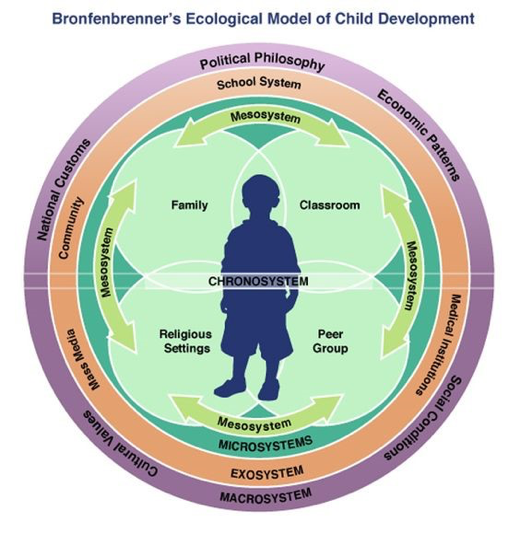- Home
- Key Information
- Pupil Premium
Pupil Premium
The Pupil Premium is additional funding for publicly funded schools in England to raise the attainment of disadvantaged pupils and close the gap between them and their peers.
“It is for schools to decide how the Pupil Premium, allocated to schools per FSM pupil, is spent, since they are best placed to assess what additional provision should be made for the individual pupils within their responsibility.”
- Source - DfE website
Pupil Premium at Drapers’ Academy
Drapers' Academy Pupil Premium Strategy Statement (Download)
At Drapers’ Academy we recognise and accept the additional support that many pupils, from disadvantaged backgrounds, often require and benefit from, in order to increase their life chances. As a staff, we focus on delivering quality teaching and learning, on a day-to-day basis, in order to develop pupils’ understanding of subject knowledge and their skills. In addition, we employ a range of strategies to elevate disadvantaged pupils’ academically, emotionally and socially, so that they are able to make a positive contribution to society and have a positive future. We classify pupils that are disadvantaged as those eligible for the Pupil Premium.
Our Disadvantaged Pupil Strategy is to:
- To ensure quality first teaching and learning for all
- Create an ethos of achievement
- To provide staff with regular, quality CPD on strategies and research around how to diminish the difference
- To ensure that all staff know their pupils and foster positive relationships
- To ensure all strategies are tracked, monitored and impact reviewed regularly for optimum impact

The Academy also employs five Year Achievement Leaders, that are each supported by a non-teaching Pastoral Manager, to support pupils and families in need, and work closely with partner agencies. This support aims to recognise and remove barriers to learning to enable pupils to make good progress in school.
We also provide high quality support provided from trained Learning Support Assistants that work to narrow the gaps in attainment and progress between pupils, regardless of their background and prior experiences.
As Bronfenbrenner’s Ecological Model of Child Development suggests, the environment, in addition to biology, can have an impact on a child’s development.
A disadvantaged child will not always have concrete relationships formed within the Mesosystem or within the Exosystem. This then has an impact on their development and their future success/happiness in life. Therefore, our role as teachers, in building positive relationships with disadvantaged pupils in order to help them progress and develop, is even more vital.



